Finest Patient Care & Amenities
We do that by being patient-focused and treating the patient, not the disease.

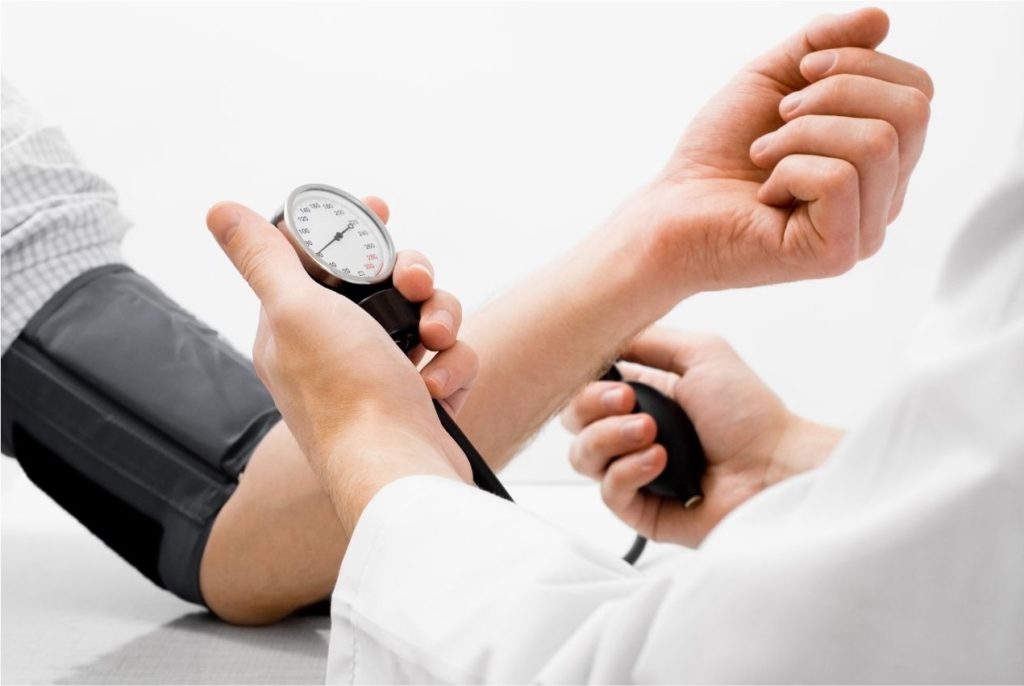
Hypertension
Hypertension, also known as high blood pressure is a common condition that puts people at risk for heart disease, stroke and kidney failure. It usually does not cause symptoms so many people you see do not know that have it. However, it is a serious condition and the chances of having it increases with age. When a healthcare provider tells you your blood pressure, they give you two numbers; the top number is the pressure inside your arteries when your heart is contracting. The bottom number is the pressure inside your arteries when your heart is relaxed.
It is important to keep an eye on your blood pressure. We offer treatments to help manage hypertension including lifestyle management.
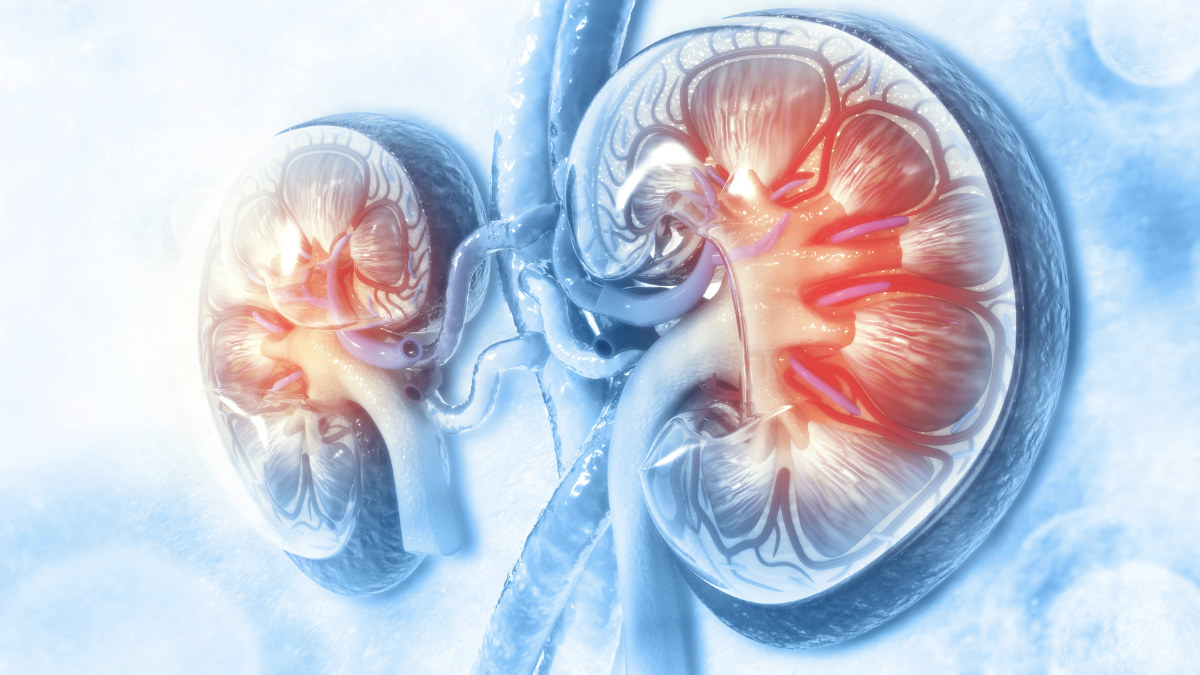
Chronic Kidney Disease
The job of the kidney is to remove waste products and excess water from the body. “CKD” is when the kidney is not functioning at an optimal level. This can gradually get worse leading to the need for dialysis. There are different reasons why this can happen including diabetes and hypertension. It is usually silent in the beginning but can lead to symptoms such as swelling in the feet, uncontrolled blood pressure, or feeling tired easily.
Monitoring your kidney function can detect CKD early and stop it from progressing. There is excitement in the kidney disease community because of new medications that have shown to slow the progression of kidney disease.

Obesity
To diagnose obesity, your doctor will take a thorough health history, conduct a general physical exam and using a calculation called BMI (Body Mass Index), your doctor is able to determine if you are at healthy weight, overweight or obese. The visit will also check for other health problems associated with obesity. A multi-disciplinary approach to reaching and staying at a healthy weight is then employed in conjunction with the patient.
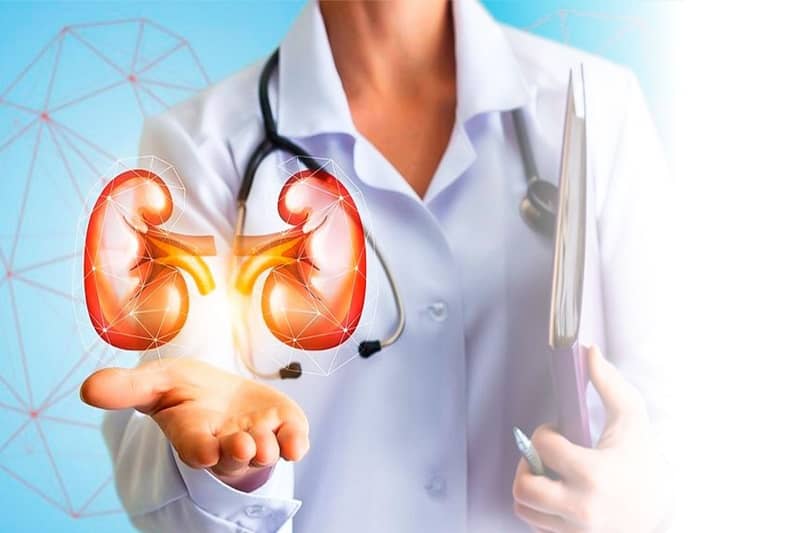
Kidney Transplant care
After getting a kidney transplant, it is very important to continue to monitor your kidney function and watching out for complications. Immediately after a kidney, there is a high risk for contracting infections due to the medications given to prevent rejection.
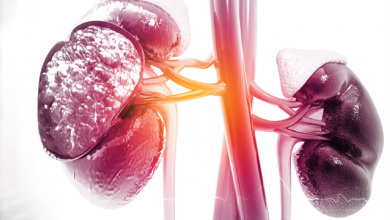
Kidney Stone Prevention
A risk factor for developing kidney stone is living in a hot environment and working outside in the heat. There are blood and urine tests that can be done to look for other predisposing factors that lead to kidney stones.

Electrolyte imbalance
Various electrolytes such as potassium, sodium, calcium, and phosphorus can become abnormal as kidney disease progresses. Monitoring for them is required for maintaining a healthy life.

Wellness Visit
While most office visits may be due to illnesses, it is important to schedule wellness exams. During this visit, we will review your personal and family history, make sure the age and sex appropriate tests are up to date and provide other necessary services. We will also provide personalized, high-quality and evidence-based care crucial to the overall well-being of the patient.

Telehealth services:
We know that various circumstances prevent patients from coming into the office for a visit, so we offer telehealth services. They offer the advantage of being convenient and efficient. Family members can be looped into a virtual visit if you authorize it.

Acute illness visits
We are flexible with our schedule and strive to make sure that you are seen quickly to address your illness.
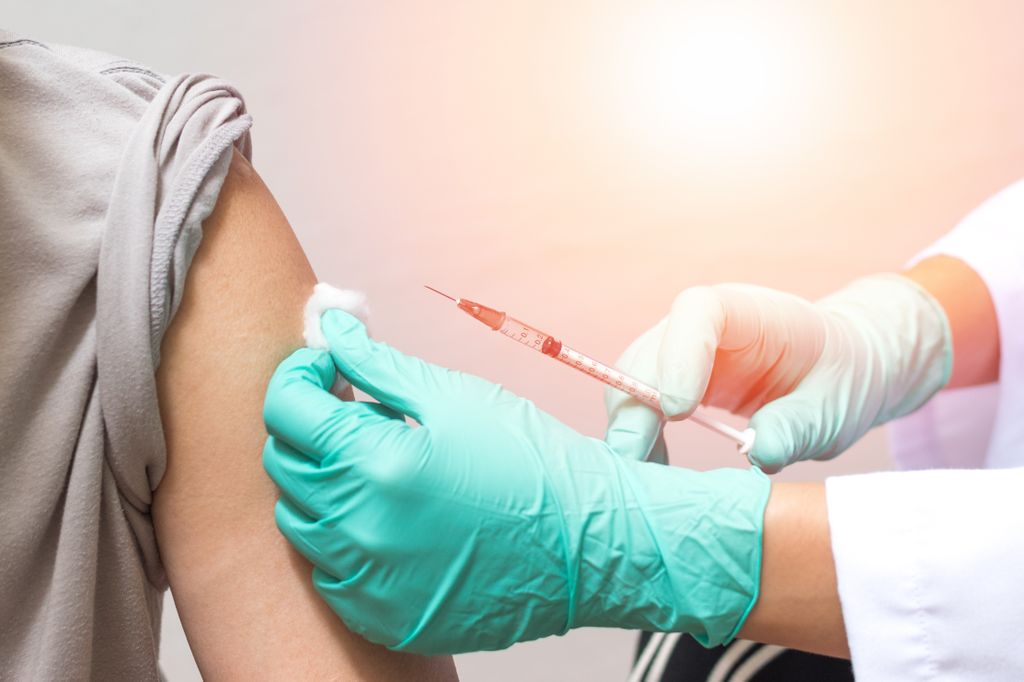
Immunizations
Part of prevention is getting vaccinations against serious and deadly infections. Vaccines help train our bodies how to fight infections more efficiently.

Chronic Disease Management
Some conditions including diabetes and hypertension do not have cures but when well-managed, people can lead normal life. It is critically important to keep appointments with your physician and coordinate your care with other specialists.
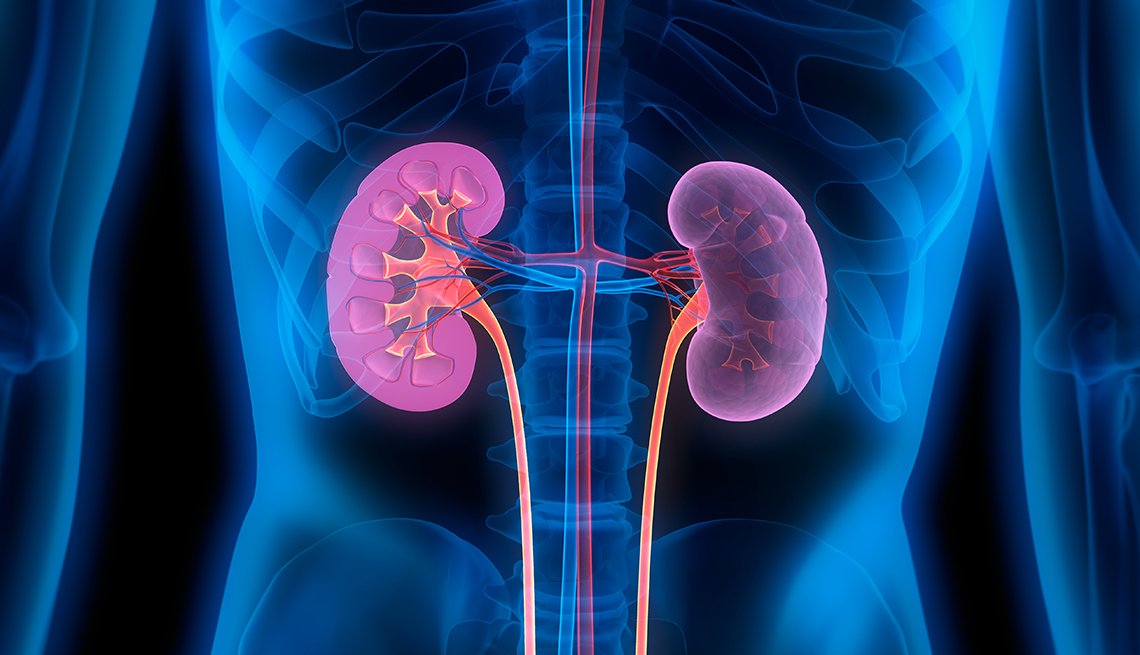
Proteinuria
we have less than 150 milligrams of protein in the urine per day. Having more than 150 milligrams per day is called proteinuria and there are various reasons why that can happen. You may not have symptoms when proteinuria is mild but some patients develop swelling all over the body if proteinuria gets worse. Tests such as blood tests, urine tests and kidney biopsy can help detect the reason for proteinuria.

Ankle-brachial index
Ankle-brachial index is a test used to help diagnose Peripheral Artery Disease (PAD). PAD is a condition that blocks the flow of blood in the blood vessels that bring blood to the legs. PAD can cause leg pain that gets worse with an activity called “claudication.” PAD can also cause wounds to heal more slowly than usual or not at all.
Book an Appointment
Our patient service representatives are available during regular business hours and can assist you with any questions
